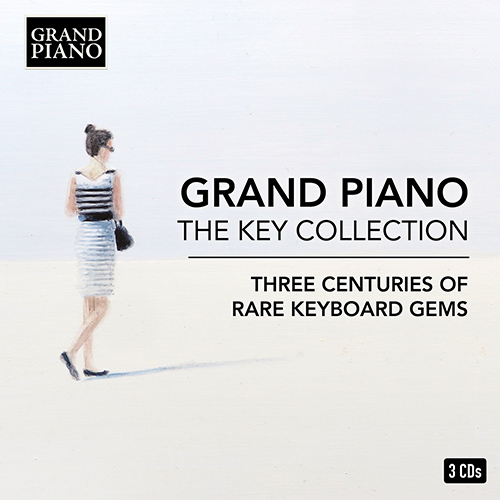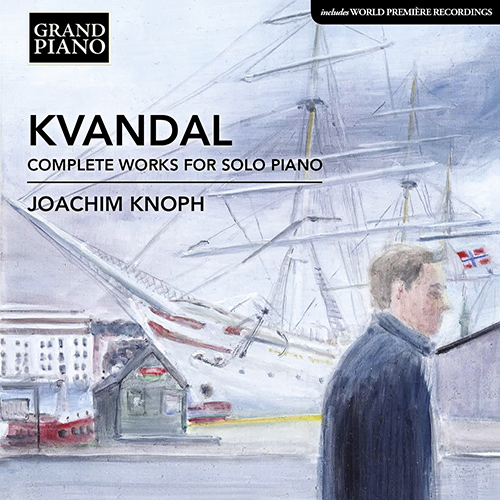
Johan Kvandal (1919 - 1999)
Johan Kvandal was born in 1919. His parents were the artist Lissa (Amunda) and the composer David Monrad Johansen, and this early exposure to the arts proved extremely influential. He studied composition with Geirr Tveitt from 1937–1942 and with Joseph Marx in Vienna from 1942–1944. After the war, he completed his studies at the Norwegian Academy of Music, majoring first in conducting in 1947 and then in organ in 1951.
In the early years Kvandal was, like many other composers of his generation, influenced by the predominantly nationalist trends of the 1920s and 1930s. He sought in this period to combine elements from Norwegian folk music with classical forms.
Kvandal lived in Paris from 1952–1954 and this became an important turning point. He studied with Nadia Boulanger at the Paris Conservatoire and was exposed to a most inspiring musical environment. Kvandal explored the music of composers such as Bartók, Stravinsky and Messiaen and, during the 1950s and 1960s, incorporated some of their influences into his own music, but without using atonal or electronic methods.
From the 1970s onwards Kvandal returned to the Norwegian folk music close to his heart, but this time combined with the musical currents of the time. This fusion resulted in the creation of an innovative tonal language, based on what Kvandal himself called ‘modern tonality’. He became increasingly more occupied with composing and received many commissions both nationally and internationally. His opera Mysterier (Mysteries), was a major work, first performed at the Norwegian Opera during a festival linked to the Winter Olympics at Lillehammer in 1994. Towards the end of his life, Kvandal wrote a number of chamber works as well as orchestral pieces, and his last composition was a concerto for piano and orchestra. Johan Kvandal died in 1999.



 Grand Piano has gained a reputation for producing high quality recordings of rare keyboard gems. Dedicated to the exploration of undiscovered piano repertoire, the label specialises in complete cycles of piano works by many lesser-known composers, whose output might otherwise have remained unknown and unrecorded.
Grand Piano has gained a reputation for producing high quality recordings of rare keyboard gems. Dedicated to the exploration of undiscovered piano repertoire, the label specialises in complete cycles of piano works by many lesser-known composers, whose output might otherwise have remained unknown and unrecorded.






